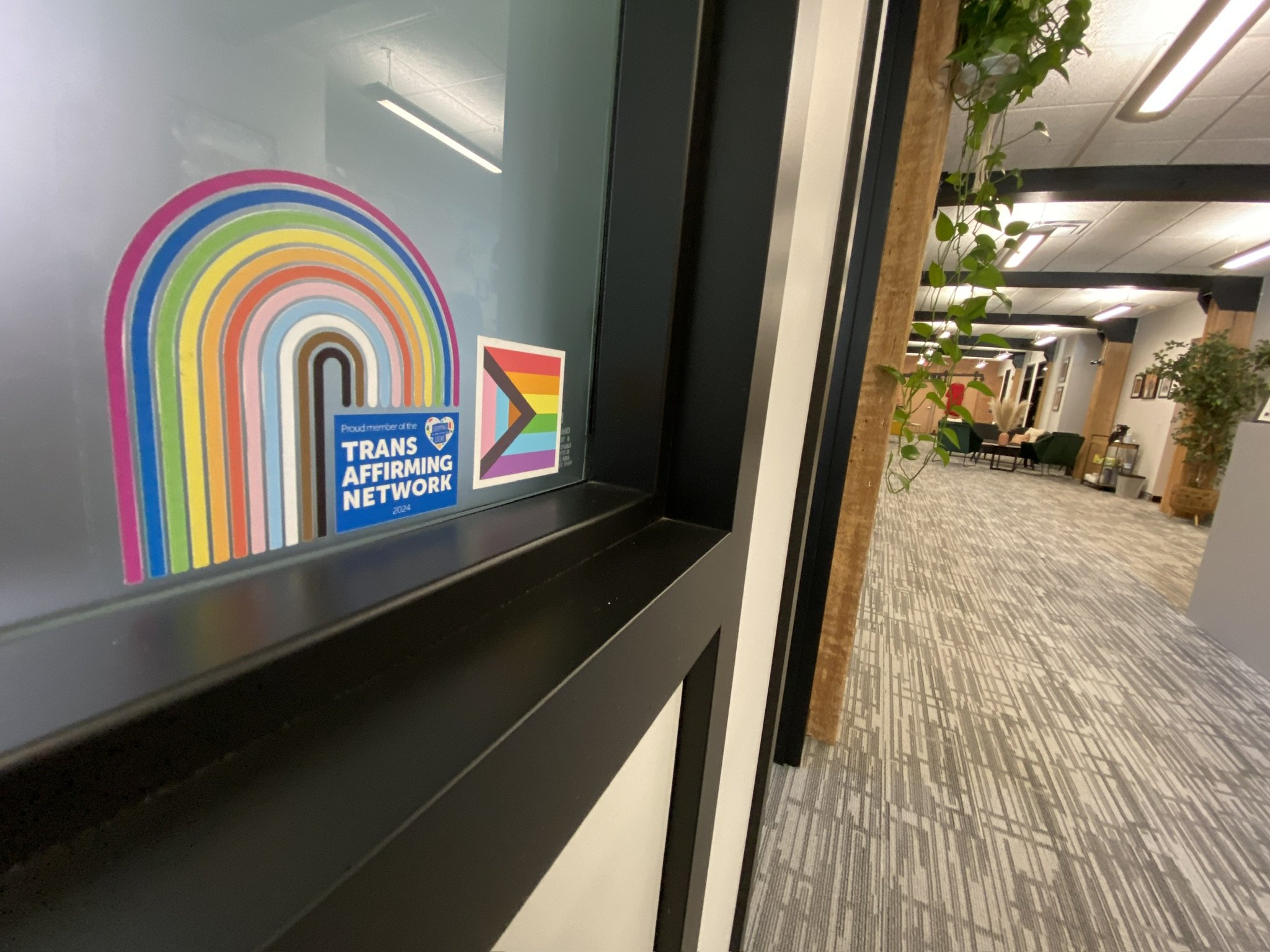
Individual
Counselling Therapy
Sessions are 60 minutes long, $220 per hour. (sliding scale available).
Payments can be made by e-transfer or credit card.
If you have health benefits, the cost should be covered in accordance with your plan.
Direct billing not available at this time.
Ages 14 and up.
A focus on growth over coping
Central to my approach is Attachment Theory. According to decades of cross-cultural research, human beings are wired to connect. And just as we need food and shelter to survive and thrive, we also need safe and secure emotional connection. The psychological research shows time and again, when this connection is compromised or absent, human beings suffer. Whether it’s the relationship to another or to yourself, I prioritize building secure attachment.
My approach is also highly influenced by Humanistic Therapy, which emphasizes the inherent potential for positive change in individuals. Humanistic therapists act as a supportive guide, and the goal is to help you understand yourself better, develop a stronger sense of self-worth, and achieve greater self-actualization.
While some therapists emphasize teaching you strategies for coping with symptoms, I target the roots of what you’re experiencing.
We will go deeper into your patterns of responding to yourself and others. You likely developed these patterns to survive in the past, but now, they’re part of what’s keeping you stuck.
The funny thing is, once we start to untangle the roots of the issues, change ripples outward and clients find themselves coping better than before — even when teaching specific strategies wasn’t the focus of therapy.
Guided by Attachment and Humanistic theories, I’m first and foremost an emotionally-focused therapist. But I do integrate other types of therapy (listed here) depending on the client’s goals and personality.
Why? Because I firmly believe that one size does not (and cannot) fit all.
To get even more specific…
Types of therapy used
-
Emotionally-Focused Therapy (EFT) emphasizes the role of emotion and attachment in shaping human experiences and behaviours. We focus on helping you identify, organize, and process emotions to foster skills in regulation and self-awareness. EFT also aims to repair relationship patterns and address unresolved emotional issues, particularly in the context of trauma or interpersonal challenges.
-
Schema therapy focuses on identifying deeply ingrained patterns of thinking, feeling, and relating that develop in childhood. They become a lens through which we view our selves and others, and, although they were adaptive at one time, can negatively impact relationships and emotional well-being in the present. In schema therapy, we work to bring your mind, body, and emotions out of the past.
-
Internal Family Systems (IFS) views the mind as made up of multiple "parts". The goal here is to help you organize what can sometimes feel like internal chaos, build awareness of your unique internal processes, and to build trust in your ability to navigate the curve balls of life from a place of compassion and connection.
-
Somatic therapy focuses on the connection between the mind and body. It recognizes that trauma, stress, and emotional experiences are often expressed in the body, influencing physical sensations, posture, and behavior. The goal is to help you become more aware of bodily sensations as a way to understand and shift your experience.
loneliness
shame
persistent anger
trauma
anxiety and depression
grief
neurodivergence
relationship challenges
self-esteem
perfectionism
people pleasing
climate and political anxiety
challenges related to colonialism such as transphobia, racism, xenophobia, anti-fat bias, ableism, etc.
Areas of skill



